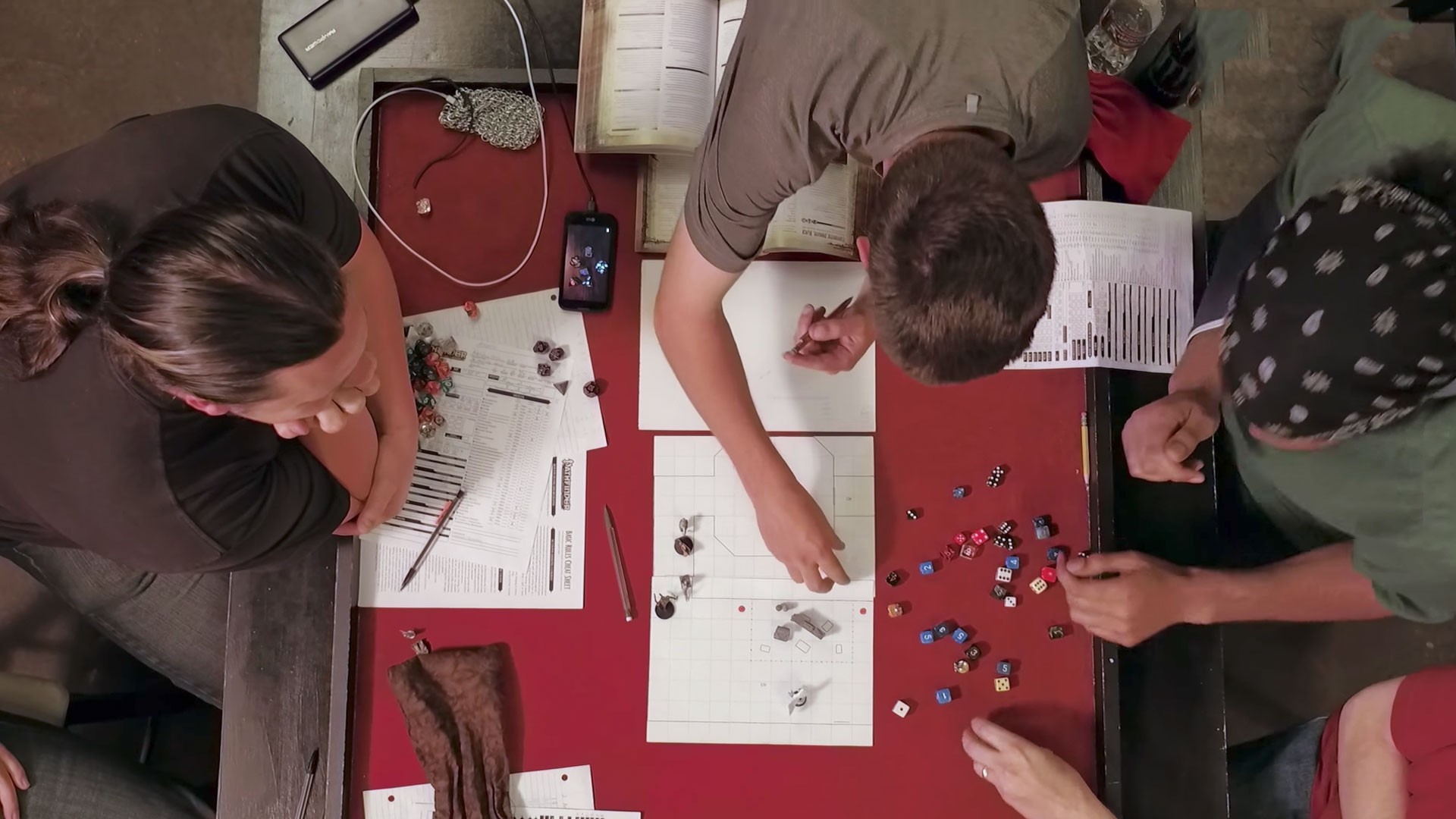It's Just One Pill
Larry prefers games that he can dump hundreds of hours into, like The Witcher 3, because it means he can forget the world around him.
Despite the increased potency, it didn't take long for Larry to start burning through his entire prescription before the month was up and he could get a new one. His solution: finding a friend who had a similar prescription—same drug, same dosage—and bought supplements.At the same time, Larry was dropped by his doctor because, according to Larry, the practice was more interested in"patients that need more regular care," and they needed to make room for them. For the next two years, he lived off his friend's prescription, selling some pills for money and using the rest to feed his addiction."I consider myself an addict, "but for the majority of those years I was just a patient that happened to be dependent on my meds, not addicted to them."
A Cry for Help
Kicking an opioid addiction is hellaciously difficult on both a physical and psychological level, but there's another dimension to that struggle: lack of resources and help for recovering addicts. (This has proved a point of contention, as Trump and a GOP-led Congress have tried to pass health care reform, and a desire for draconian ran counter to rural states needing more money to help this crisis.)Those addicted to drugs often find they are left to their own devices when it comes to treatment, and people like Larry have to find ways to fill in the holes that effective therapy and medication would typically provide. Larry's plan was to use an herb called Kratom, which can produce a high similar to opiates. It's used in-between fixes and, according to advocates, help people to get off the drug. Arkansas banned Kratom in early 2016, however, which left many like Larry without alternatives to the pain medication that'd gotten them in trouble to start with.The Drug Enforcement Agency (DEA) announced it would follow in Arkansas footsteps in September 2016, banning Kratom nationwide, but after a massive public push back, the DEA relented. It's still banned in Arkansas, however."I was tired of the driving around with something in my car that could send me to prison, and spending unholy amounts of money. I was tired of feeling dead emotionally."
Fool Me Once, Shame On You

"After years of bombardment on the brain via painkillers, your brain takes a while to readjust," he said. "The time in between opiate-brain and back to normal-brain can feel like you're going a little nuts. [You're] getting very angry at nothing, followed by deep depression, followed by feeling good for a couple of hours—which is cruelly ripped away soon after."Larry has done the research on how his mind and body will react to withdrawal, but it's one thing to read about it, another to experience it for yourself. It'd be a lot easier to say fuck it."My mood swings are definitely connected to games. It's the reason I play one thing or another. I think I'm currently digging Metal Gear so much because of how complicated it can be."
Light at the End of the Tunnel
Though it's the early days of recovery, Larry finds himself enjoying games more than he did before.
